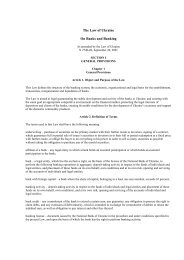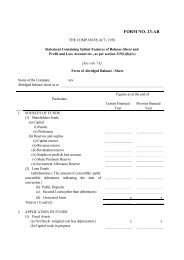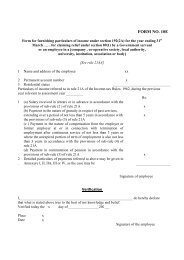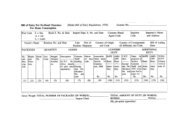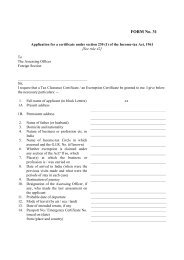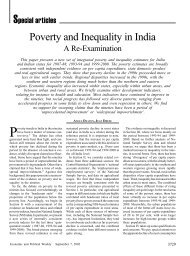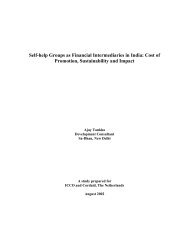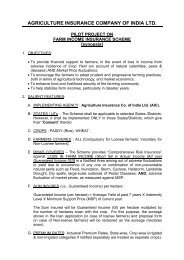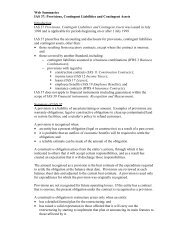Tracking Financial Performance Standards of ... - Sa-Dhan
Tracking Financial Performance Standards of ... - Sa-Dhan
Tracking Financial Performance Standards of ... - Sa-Dhan
- No tags were found...
You also want an ePaper? Increase the reach of your titles
YUMPU automatically turns print PDFs into web optimized ePapers that Google loves.
<strong>Performance</strong> <strong>Standards</strong> - Concept, Definitions, Calculation and Methodological Issues5. Interest Computation Method6. Repayment Assumptions (including grace/moratorium period, whether equal installments for principalare there etc.)Step 2: Using the above, fill out the Principal and Interest Amounts Due with Dates Due for each installment<strong>of</strong> every loan (see table 9).Step 3: Write down the total amounts paid by clients along with dates <strong>of</strong> payments (these are transactions <strong>of</strong>repayments made by clients)Step 4: Calculate interest due as per payment date for each installment. If due date <strong>of</strong> installment and paymentdate are one and the same, then interest due as per payment date will be the same as interest due as perschedule. Otherwise, it will differ. This is a very crucial aspect that should not be ignored.Step 5: Once the transaction amounts are available, allocate or distribute these total amounts as per the followingnorms1 st towards Fines/penalties (1 st )2 nd towards Interest Overdue (2 nd )3 rd towards Interest Due if it is actually due on the date <strong>of</strong> payment (3 rd )4 th towards Principal Overdue (4 th )5 th towards Principal (5 th )If there are no fines, it will first go towards Interest Overdue, then Interest Due if it is actually due on thatdate, then Principal Overdue and Last towards PrincipalStep 6: Now, at end <strong>of</strong> each installment, check whether total amount paid = Fines Paid + Interest O/D Paid +Interest Paid + Principle O/D Paid + Principle Paid.Step 7: At end <strong>of</strong> each installment also get the following totals➞ Principle Outstanding,➞ Principle Overdue,➞ Interest Overdue➞ Principle Paid➞ Interest Paid➞ Fines Paid, and➞ PrepaymentsPrepayments will occur when a client makes payment in excess <strong>of</strong> principal + interest due (including over dues)plus fines to be paid till that installmentStep 8: Check if Principle or Interest O/D > 0 and if so, then determine age <strong>of</strong> the overdue loan as <strong>of</strong> aparticular date or installment.Step 9: To calculate age as at end <strong>of</strong> any installment, check for unpaid over dues (principle or interest) and alsoascertain when they occurred.73


